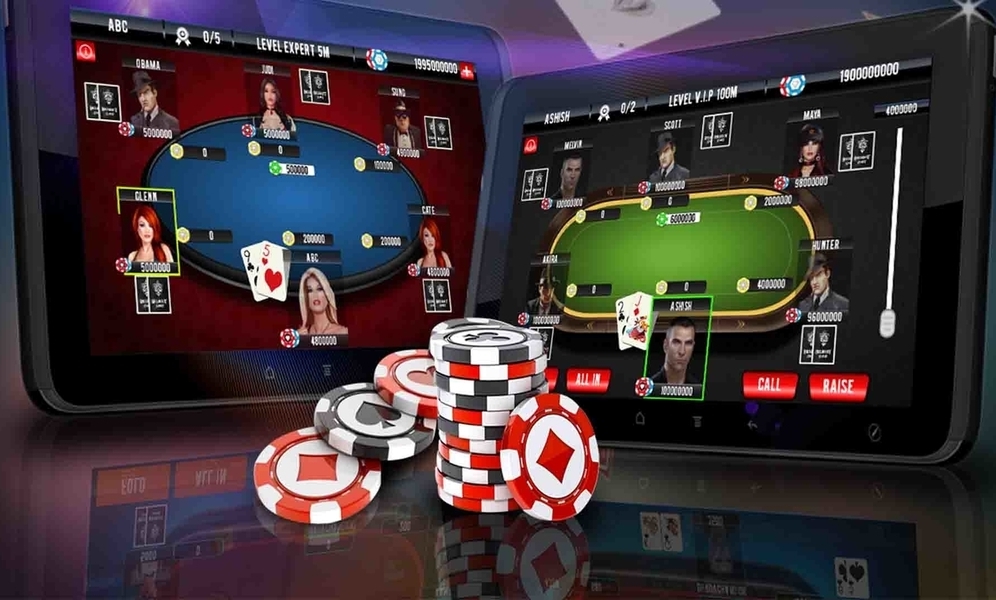
Beginners Guide To Online Poker
If you’re a complete newbie to online poker, then you may be wondering how to play online poker. Well, there are several tips you should keep in mind: Practice, understand the rules, and set goals. These tips will help you succeed in playing poker online, no matter your level of expertise.
Practice
If you’re a beginner, the best way to learn the rules of poker is to practice online. There are many poker apps available online that will help you learn the rules of the game and develop your winning strategies. These apps also help you improve your game by providing tips on what to look for, how to play your hands, and more. You can even download these apps for free to try them out for yourself.
Another good way to improve your game is to watch online poker video tutorials. While not all of them are high-quality, these are a great way to see how different players approach the game and develop your own style.
Place small stakes
One of the best ways to play poker for beginners is by placing small stakes. When you play for small stakes, you’re not risking your entire bankroll. The first step in playing small stakes poker is to sign up for an account at a real money poker website. Once you’ve signed up, make your initial deposit to activate your online poker account.
You can find low stakes games at many poker websites. Make sure to check out the game difficulty before playing low stakes games. You’ll likely want to play higher stakes later, but low stakes games are a great way to get your feet wet and practice for playing with real money.
Understand the mechanics
One of the best ways for online poker beginners to get started is to understand the mechanics of the game. You must know how to calculate pot odds, how hand rankings work, and how the table action works. You should also understand the different poker terms. You can use a poker dictionary to make sense of these terms.
There are many types of poker games, but the rules are similar across games. Texas hold’em is referred to as the ‘Cadillac of poker’.
Set yourself goals
Setting goals can help you develop as a poker player. But goal-setting is not easy. You need more than good intentions; you need to have a game plan and measurable steps to achieve them. As the French writer Antoine de Saint-Exupery once said, “A goal without a plan is nothing but a wish.”
The main problem with performance-based poker goals is that they often cause players to play beyond their ability. If you set too high a goal, you may end up chasing losses or sacrificing winnings to protect your wins. However, you can set a goal to play a certain volume of hands or hours. While this can increase your volume, it is important to be careful not to let the quest to hit the target dictate your decisions at the poker table.
Leverage your position at the table
If you’re a beginner, you probably don’t want to play high-stakes poker. High-stakes poker is very difficult to play, as you have to make the right decisions under pressure. In addition, the more money you’re playing, the more pressure you’ll feel to win. As a result, you may make a passive or aggressive decision and end up losing.
Practice with real players
If you’re a beginner and want to gain a little experience, you can practice online poker for beginners with real players. The most common type of poker is Texas Hold’Em, which is a game in which players compete for pots of money. The aim of the game is to form the best possible five-card poker hand by using two private ‘hole’ cards and three community cards. The cards are dealt to players over several rounds of betting. Partypoker is a popular site that teaches beginners how to play poker.
Some websites also allow players to play with smaller stakes, or satellite entries into live poker tournaments. Multi-table tournaments allow many players to play for a prize pool. While small stakes may not seem like much, these games can give you a serious money shot if you have a good strategy.


